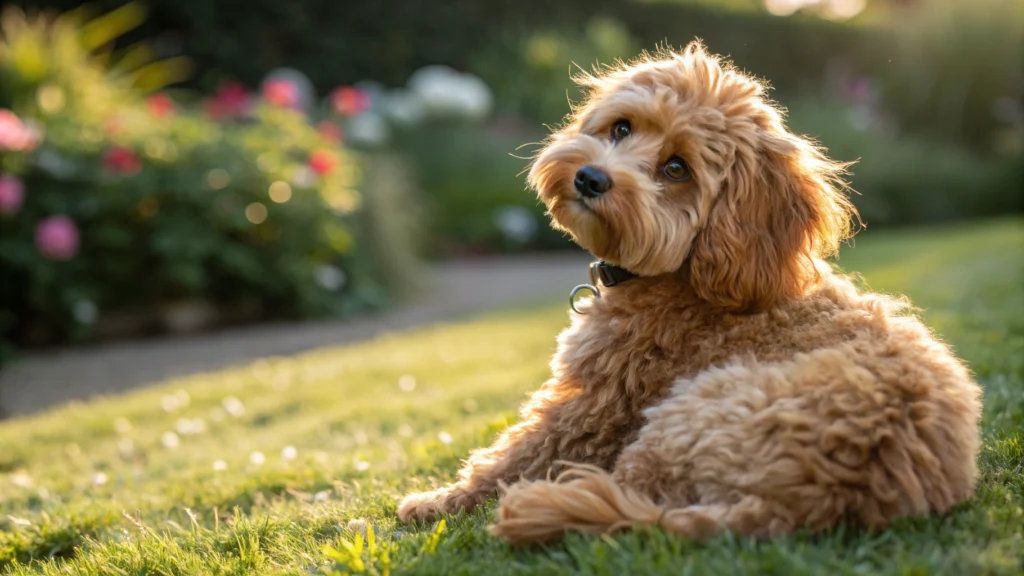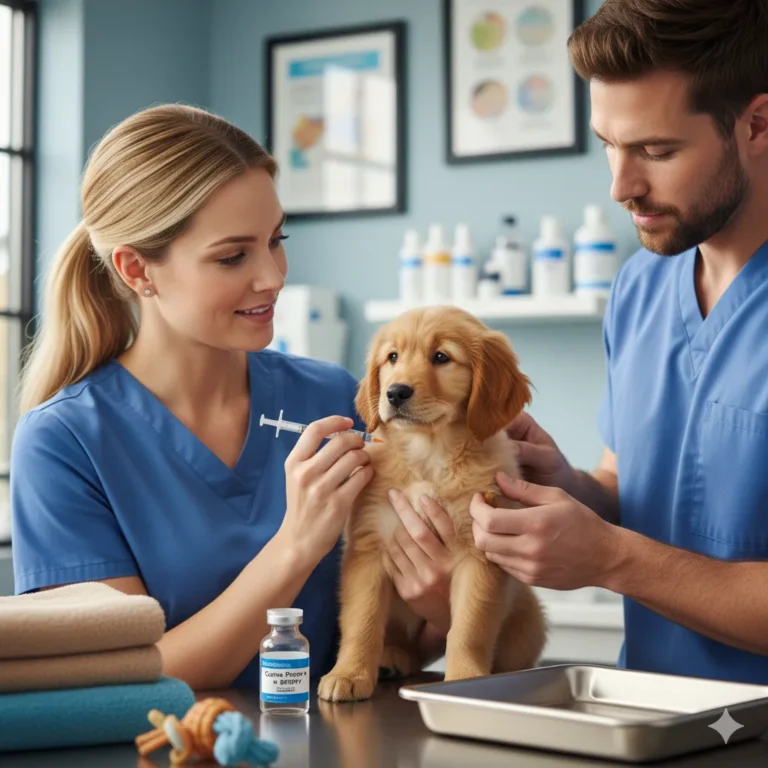
parvovirus injection
Hey there, fellow dog lover! Let me set the scene for you. You’ve just brought home that fluffy, wiggly, heart-melting bundle of joy—your new puppy! The house is filled with the pitter-patter of tiny paws, the joy of discovering toys, and maybe a little… uh… indoor puddle. It’s pure magic. But amidst all the cuddles and chaos, your vet starts talking about something called the “parvovirus injection.”
I get it. It sounds scary and technical. But what if I told you that this one little shot is like giving your puppy a superhero cape against one of the nastiest villains in the dog world? My own journey with my golden retriever, Barnaby, taught me just how crucial this is. I was a nervous new pup parent, but understanding this vaccine was the single most empowering thing I did. So, grab a coffee (and maybe a dog treat), and let’s have a real chat about keeping our fur-kids safe from parvo.
Understanding Parvovirus and Vaccination
What is canine parvovirus (CPV)?
Okay, let’s break it down without the scary medical jargon. Canine parvovirus, or “parvo” as we usually call it, is a super-contagious and really nasty virus that mainly goes after our puppies and dogs. Imagine a tiny, invisible bully that attacks the fastest-growing cells in your pup’s body, especially the ones in their tummy. This makes it impossible for them to absorb nutrients or keep anything down. It’s a brutal, relentless bug.
How is parvovirus transmitted?
This is the part that always freaks me out. Parvo is a master of disguise and survival. The main way it spreads is through, well, poop. An infected dog sheds the virus in their stool, and it only takes a tiny, microscopic amount to make another dog sick.
But here’s the really sneaky part: your pup doesn’t even have to meet a sick dog! The virus can live on surfaces for months, even through winter. It can be on the grass at the dog park, on a shared water bowl, on someone’s shoes, or on the floor of the pet store. A simple sniff of a contaminated spot is all it takes. It’s the ultimate party crasher.
What are the symptoms of parvovirus in puppies and dogs?
The symptoms come on fast and are absolutely heartbreaking to watch. Your playful, bouncy puppy can become a limp, sad little soul in just a day or two. Keep your eyes peeled for:
- Major Vomiting: This isn’t just a little spit-up; it’s persistent and severe.
- Horrible, Bloody Diarrhea: It’s often very foul-smelling and can have blood in it. This is a huge red flag.
- No Energy Whatsoever: They won’t want to play, walk, or sometimes even lift their head.
- Turning Up Their Nose at Food and Water: This leads to dehydration super fast.
- Fever: They might feel really warm to the touch.
“If you see any of these signs, especially in an unvaccinated puppy, it’s an absolute emergency,” advises Dr. Sarah Miller, a veterinarian with over 15 years of experience. “Time is critical with parvo, so don’t hesitate to contact your vet immediately.” You can find more of her insights on canine health at [Your Local Vet Clinic Website/Blog Link – placeholder].
How serious is a parvovirus infection?
Let me be totally straight with you: parvo is often a life-or-death situation, especially for a young puppy. Their little immune systems just aren’t ready for a fight this big. Without quick and aggressive treatment at the vet, the chances of survival are very, very low.
Even with the best care, it’s a tough battle. It usually means a hospital stay with IV fluids, powerful meds, and a lot of TLC from the veterinary team. It’s emotionally and financially draining, which is why prevention is the absolute best path.
What is the prognosis for dogs with parvovirus?
The outlook depends on a few things: how old and strong the dog is, how bad the symptoms are, and most importantly, how quickly they get to the vet. For puppies, it’s always a tougher fight.
The good news? With fast, intensive veterinary care, many puppies can pull through! Survival rates can jump to 70-90% with the right treatment. But it’s a long road to recovery. “Early detection and immediate, intensive care are the game-changers,” states Dr. Emily Peterson, an expert in infectious diseases. “Every hour counts when dealing with parvo.” You can learn more on the AVMA website: https://www.avma.org/
Can humans get parvovirus from dogs?
This is a super common question, and I’m happy to give you a sigh of relief: no. The version of parvo that makes our dogs sick is specific to them. You can’t catch it from your pup, and they can’t catch a human virus from you. So, while you need to be a clean-freak to stop it spreading to other dogs, you can snuggle your pup (when they’re better) without worry.
The Parvovirus Vaccine
What is the parvovirus injection/vaccine?
So, what is this magical superhero shot? The parvovirus injection is a vaccine that safely teaches your dog’s immune system how to recognize and destroy the parvo virus without actually making them sick. Think of it like a spy mission for their immune system. We send in a harmless, weakened version of the “bad guy,” their body learns its face, and then creates a whole army of defenders ready for the real deal. It’s honestly a miracle of modern science!
Is the parvovirus vaccine a core vaccine?
Yes, yes, a thousand times yes! The parvo shot isn’t an optional extra, like a fancy coat conditioner. It’s a CORE vaccine. That means it’s on the “must-have” list for every single dog, no matter if they’re a tiny Chihuahua in a city apartment or a big Labrador living on a farm. It’s as essential as their food bowl and a comfy bed.
How effective is the parvovirus vaccine?
When given on the right schedule, this vaccine is a rockstar. It’s incredibly effective at preventing infection. Is it 100% perfect? Nothing in life is, but it’s as close as we can get! It’s our best and strongest shield.
How does the parvovirus vaccine work?
Let’s geek out for a second on how cool this is. After the vaccine is given, your pup’s immune system creates special proteins called antibodies. These are like tiny, targeted missiles. It also creates “memory cells.” These cells are the brains of the operation; they remember the virus so that if it ever shows up for real, their body can launch those missiles in seconds, stopping the virus in its tracks before it can cause any harm. How awesome is that?
What types of parvovirus vaccines are available (e.g., modified live, killed)?
There are two main types your vet might use:
- Modified Live Vaccines (MLV): This is the most common one. It uses a weakened version of the virus that can’t cause disease but gives a really strong, long-lasting immune response. It’s the top-tier choice for most pups.
- Killed (Inactivated) Vaccines: This one uses a completely dead virus. It’s very safe and is sometimes used for pups with compromised immune systems.
Your vet is the best person to decide which is right for your furry friend!
Are there different strains of parvovirus that the vaccine protects against?
The virus has evolved a bit over time, leading to strains with funky names like CPV-2a, 2b, and 2c. But don’t let that stress you out! The fantastic news is that the modern parvovirus injection is designed to be a multi-tool—it protects against all the major strains that are out there causing trouble. One shot, broad protection.
Vaccination Schedule and Timing
When should puppies receive their first parvovirus injection?
Timing is everything! That first puppy shot is a huge milestone. They usually get it as part of their first “puppy shot” combo between 6 and 8 weeks of age. It’s the first step in building their fortress of protection.
What is the typical vaccination schedule for puppies (boosters)?
Here’s the thing—one shot isn’t enough. Puppies need a series of boosters to make sure their protection is solid. Think of it like building a wall, one brick at a time.
The usual game plan is:
- First Shot: 6-8 weeks old
- Second Shot: 9-11 weeks old
- Third Shot: 12-14 weeks old (this one is often the MVP!)
- Sometimes a Fourth Shot: For extra safety, some vets recommend one last booster at 16-18 weeks.
You must finish the whole series for it to work properly.
How many parvovirus shots do puppies need?
Most pups need three to four shots to be fully covered. Your vet will give you the perfect schedule for your little one. The goal is to make sure that final shot happens at or after 16 weeks.
When is a puppy fully protected after the parvovirus injection series?
Don’t sprint to the dog park the day after that last shot! It takes about 1-2 weeks after the final shot for their immune system to fully gear up. This is a crucial waiting period where you still need to be super cautious.
Do adult dogs need parvovirus booster shots? If so, how often?
Yep, the protection needs a top-up! After the puppy series, they get a booster one year later. After that, most vets recommend a booster every three years to keep their immunity strong. Your vet will keep you on the right schedule.
Is it too late to vaccinate an older puppy or adult dog that hasn’t been vaccinated?
It is NEVER too late to do the right thing! If you’ve adopted a teen or adult dog with an unknown history, the first thing you should do is call your vet and get them started on their vaccines. It’s one of the best welcomes to a forever home.
Can a pregnant dog receive the parvovirus vaccine?
This is a tricky one. Generally, vets avoid giving the most common type of vaccine (the modified live one) to pregnant mamas, just to be super safe. The best plan is to make sure all breeding dogs are fully up-to-date on their shots before they even become pregnant.
Before and After Vaccination
What should I do to prepare my dog for a parvovirus injection?
Getting ready is easy-peasy!
- Make sure they’re feeling good: No signs of sickness on vaccine day.
- Bring their records: Any paperwork you have from the breeder or shelter.
- Pack treats! Make the vet visit a positive party.
- Write down your questions. This is your time to get expert answers!
Can I walk my puppy in public before they are fully vaccinated against parvovirus?
Oh, this is so hard, I know! But the answer is a firm NO until your vet gives the official all-clear. Public places are like minefields of potential germs for an unvaccinated pup. Dog parks, pet stores, and popular walking paths are a big no-go.
“Until a puppy has completed their full series of vaccinations and had at least a week or two for immunity to develop, they are extremely vulnerable,” emphasizes Dr. Mark Roberts, a public health veterinarian. “Socialization is important, but it must be done safely.”
What precautions should I take before my puppy is fully vaccinated?
You can still have fun, just smartly!
- Home and (Safe) Yard Only: Stick to your own clean, private space.
- Playdate Carefully: Only with healthy, fully-vaccinated dog friends you know and trust.
- Become a Cleaning Ninja: Wipe your shoes, wash your hands, and clean floors regularly. A diluted bleach solution is great for killing parvo.
- Carry Them! If you need to go to the vet or somewhere, carry your puppy in your arms to avoid contact with the ground.
Side Effects and Risks
What are the common side effects of the parvovirus injection?
Most pups handle the shot like champs! They might have some totally normal, mild reactions, just like we might feel a bit achy after a shot. These can include:
- A little soreness where the needle went in.
- Being extra sleepy for a day.
- Not being super interested in dinner.
This usually passes in 24-48 hours. A little extra cuddle time is the perfect medicine.
Are there any serious or rare side effects associated with the parvovirus vaccine?
Serious reactions are very rare, but it’s good to know what to look for. Signs of a severe allergic reaction include:
- Trouble breathing
- Major swelling of the face or hives all over
- Collapsing or severe vomiting/diarrhea
This is an emergency, and you should get to a vet immediately.
“While serious reactions are uncommon, it’s crucial to stay with your dog for a few hours after vaccination and know what to look for,” advises Dr. Jessica Chen, a veterinary immunologist. You can find more info from Cornell University: https://www.vet.cornell.edu/
What should I do if my dog has an adverse reaction to the vaccine?
If you see signs of a severe reaction (like facial swelling or difficulty breathing), don’t wait—go straight to the emergency vet. For milder but worrying symptoms that don’t go away, pick up the phone and call your regular vet for advice.
Can the parvovirus vaccine cause parvovirus?
This is a super common myth, and I’m happy to bust it: NO, the vaccine cannot give your dog parvo. The virus in the shot is weakened or killed. It’s designed to teach, not infect. If a dog gets sick right after a vaccine, it’s usually a coincidence (they were already exposed) or a mild reaction, not the actual disease.
Special Considerations
Can a dog get parvovirus even after being vaccinated? (Vaccine failure)
It’s rare, but it can happen. No vaccine is a perfect force field. Reasons for this “vaccine failure” can include:
- Maternal Antibody Interference: (We’ll get to this in a sec!).
- The pup’s immune system was stressed or weak when vaccinated.
- They were exposed to a massive amount of the virus.
The silver lining? Even if a vaccinated dog gets parvo, it’s usually a much, much milder case, and they have a far better chance of a full recovery.
What factors can influence vaccine effectiveness?
A few things can play a role:
- Age and Health: A healthy, unstressed pup responds best.
- Breed: Some breeds, like Rottweilers and Dobermans, can be a bit more susceptible and might need a tailored vaccine plan.
- Vaccine Storage: If the vaccine wasn’t stored correctly, it can become less effective.
What is “maternal antibody interference” and how does it affect puppy vaccination?
This is the reason for the multiple shots! When puppies are born, they get temporary antibodies from their mom’s milk. This is a great first coat of armor. But these same antibodies can also neutralize the vaccine if they’re still hanging around in the puppy’s system.
We don’t know exactly when this borrowed protection wears off for each pup, so we give a series of shots. We’re essentially playing a game of “beat the clock” until the maternal antibodies are gone and the puppy can build their own lasting immunity. That final shot at 16+ weeks is the key!
Are there alternatives to traditional parvovirus injections?
For almost all dogs, the traditional shot is the gold standard. There is something called a “titer test,” which is a blood test that checks if your dog still has enough antibodies. It’s sometimes used for adult dogs to see if a booster is truly needed. It’s a great conversation to have with your vet!
For more details, check out the AAHA guidelines: https://www.aaha.org/
What is the cost of a parvovirus injection?
The cost can vary depending on where you live and your vet clinic, but you can generally expect to pay between $25 and $70 for the shot, which is often bundled with other core vaccines. Remember, this is a tiny, tiny fraction of the cost of treating parvo, which can easily run into the thousands. It’s the best investment you’ll ever make in your pup’s health.
Conclusion
So, there you have it. The parvovirus injection is so much more than just a line item on a vet bill. It’s a promise. It’s a superhero cape. It’s the key to a lifetime of adventures, from puppyhood zoomies to dignified senior sniffs. By staying on schedule with this vaccine, you’re not just following a rule—you’re being your dog’s biggest advocate and most loving protector. You’re ensuring your story together is a long and happy one.
please leave comment
you may like it
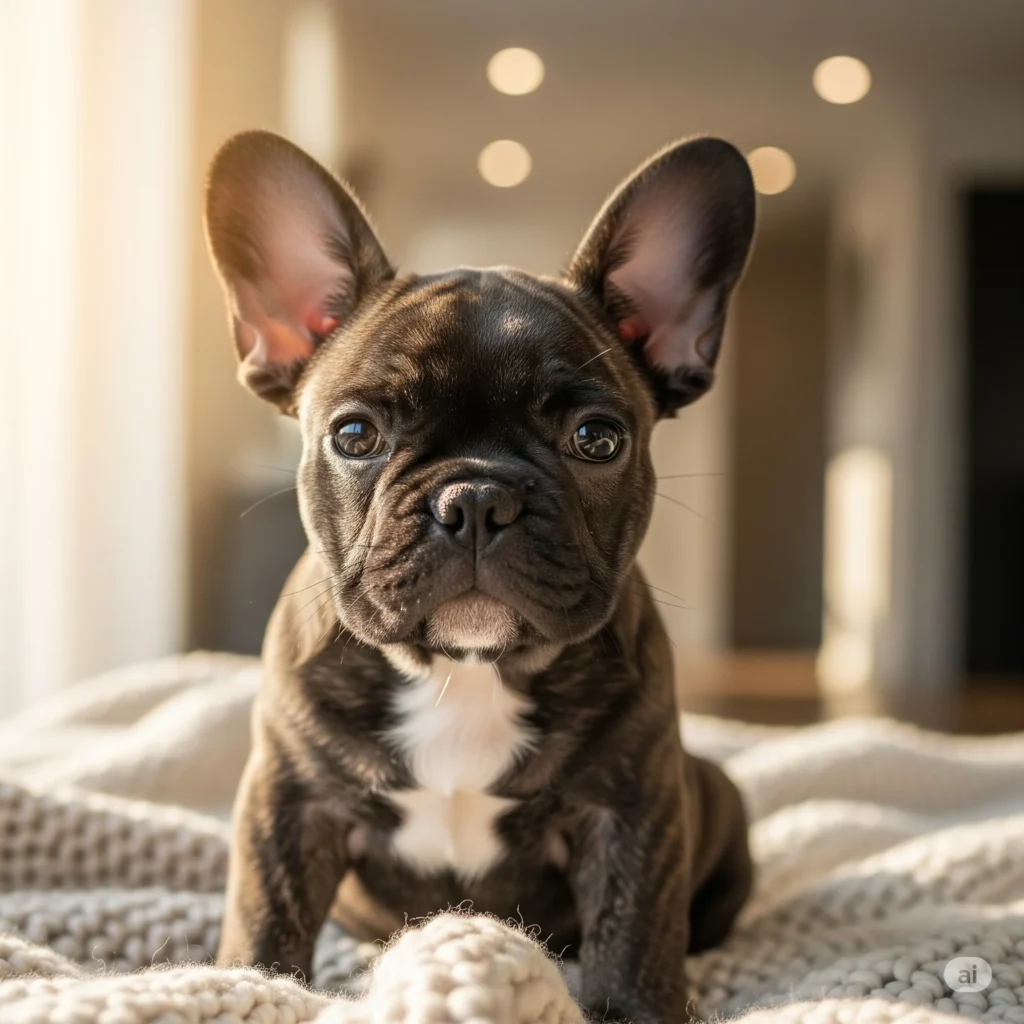
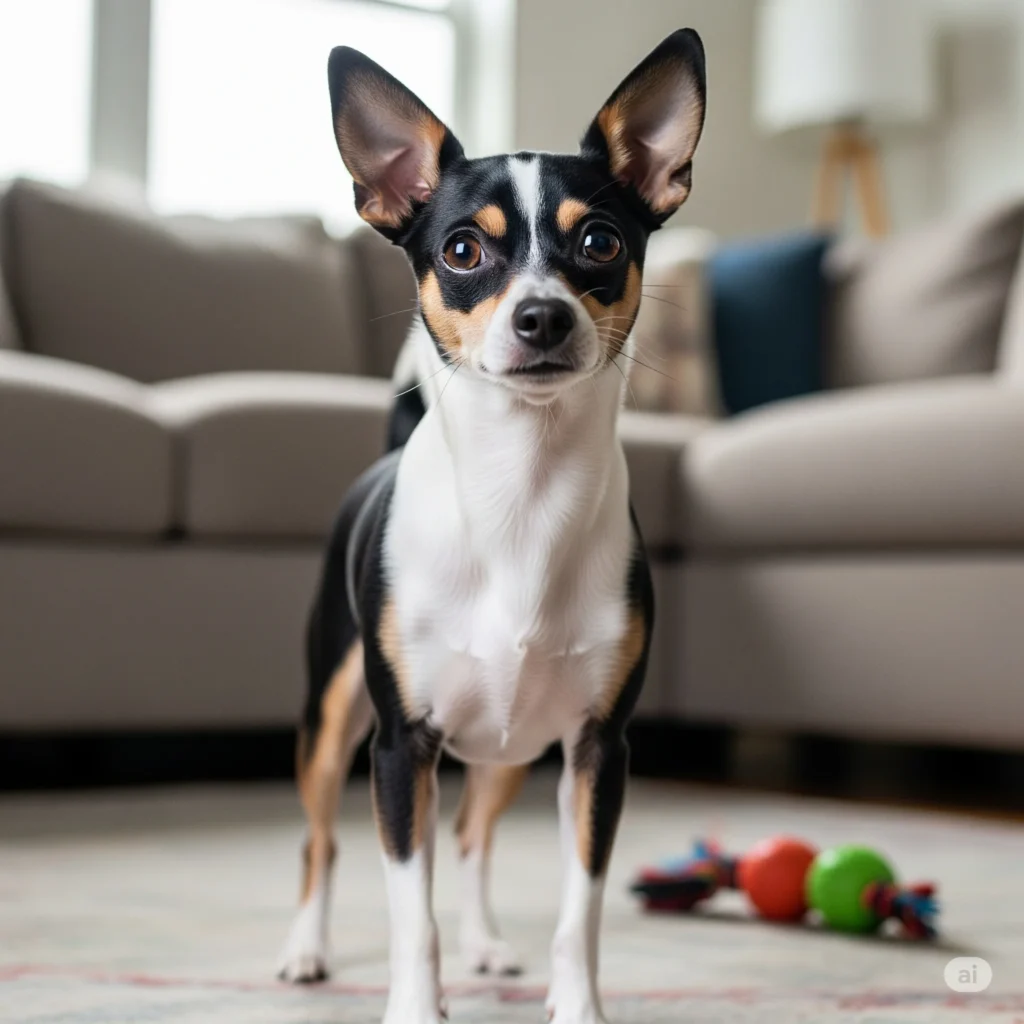

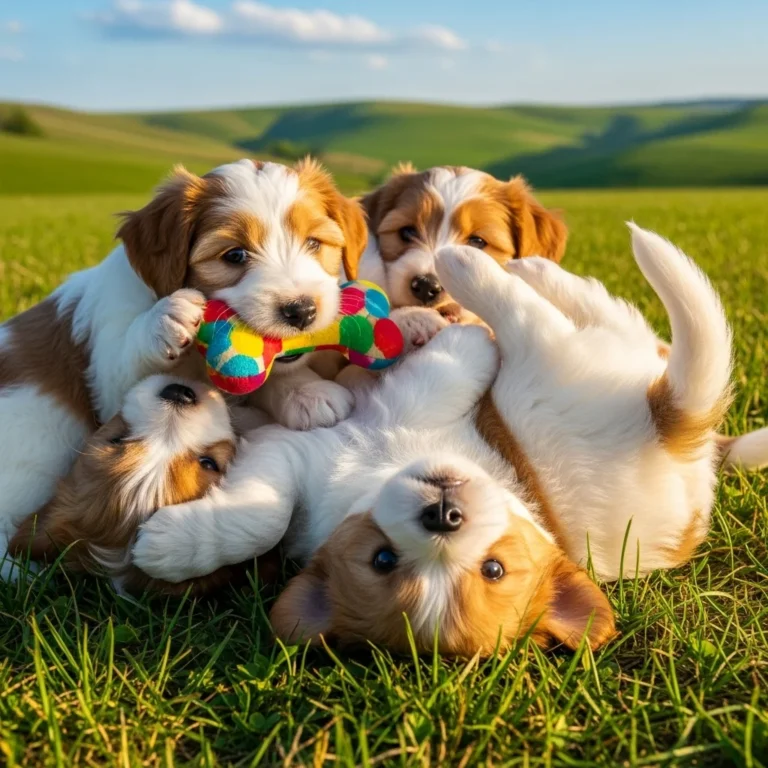
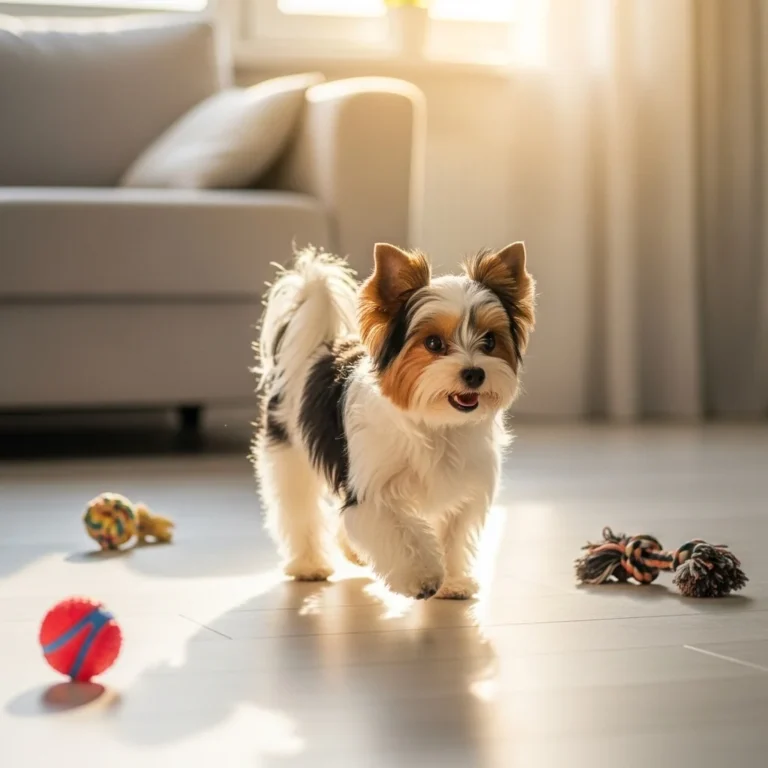
sources
- https://my.elanco.com/us/parvovirus
- https://www.avma.org/news/monoclonal-antibodies-show-promise-canine-parvovirus-treatment
- https://vcahospitals.com/know-your-pet/canine-parvovirus-monoclonal-antibody
- https://www.msdvetmanual.com/digestive-system/infectious-diseases-of-the-gastrointestinal-tract-in-small-animals/canine-parvovirus-infection-parvoviral-enteritis-in-dogs
- https://www.vet.cornell.edu/departments-centers-and-institutes/riney-canine-health-center/canine-health-topics/parvovirus-transmission-treatment
- https://todaysveterinarypractice.com/preventive-medicine/canine-parvovirus-vaccination/
- https://www.petmd.com/dog/conditions/infectious-parasitic/parvo-in-dogs
- https://www.zoetisus.com/products/dogs/vanguard/vanguard-canine-parvo/
- https://bi-animalhealth.com/pets/canine/products/vaccines/recombitek/canine-parvo
- https://www.neotechvaccines.com/vaccines/neopar
- https://pmc.ncbi.nlm.nih.gov/articles/PMC7129782/
- https://www.researchgate.net/profile/Laurie-Larson-2/publication/378035523_javma-javma23090541/links/65c3d2d11bed776ae33755d1/javma-javma23090541.pdf

